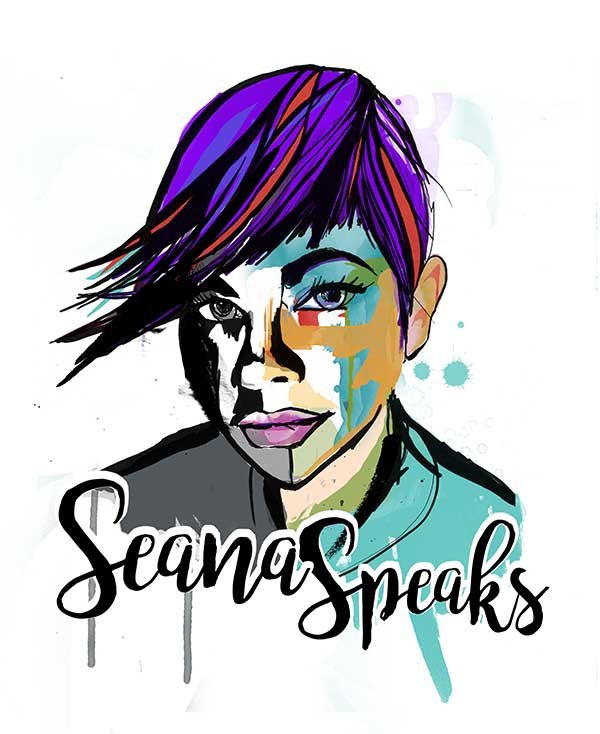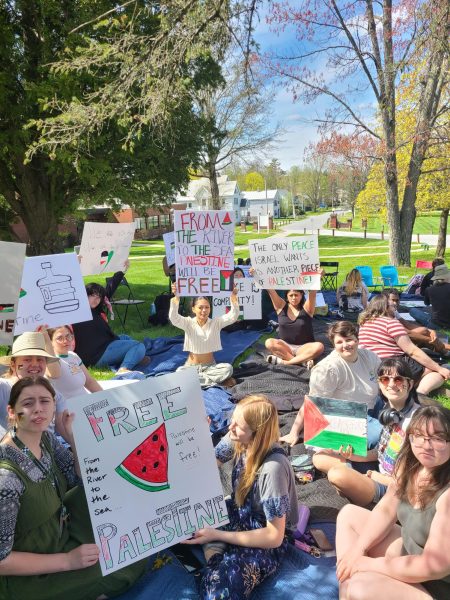Build your mental health toolkit
In the last issue I wrote about the campus Wellness Center and suggested taking advantage of their free counseling and walk-in hours along with their self-guided relaxation, light therapy and biofeedback spaces. There may be times, though, when someone needs a listening ear in the middle of the night, or there may be students who aren’t ready to broach the subject of their mental health in a face-to-face setting. With this in mind, I’ve compiled the following list of resources to add to your mental health toolkit.
Wisdo – Wisdo is a free app that allows you to connect and learn from people who have life experience similar to yours. You can also share advice from your own journey and help others. There’s a wide range of mental health subjects like depression, bipolar disorder, PTSD, addiction and more, as well as a variety of topics on self-growth (self-esteem, learning to meditate) and identity (LGBTQ+, gender transitioning). The app is user-friendly and designed to build relationships between individuals who are at the same general point in their lives. Content is pulled from real life and offers an authentic taste of what the road ahead might look like for a major life experience.
Youper – Youper is another free app, this one using the latest in AI technology to support your emotional health. Through a chat interface, you interact with a humanistic AI which guides you through a discussion of your feelings and then lays out a few different activities to help improve the rest of your day. The app draws from different psychological techniques to fit your needs as the program gets to know you better. It also contains a mood tracker, allowing you to keep an eye on whether your symptoms are improving, and how far you’ve come in your general recovery. Youper offers guided meditation, guided journaling, and a gratitude journal as additional tools to help you in your mental health and well-being journey.
SuperBetter – SuperBetter is a video game style app that teaches you to tap into your innate resilience in the face of challenges, and which focuses on staying strong, motivated, and optimistic. SuperBetter allows users to create a fully customizable secret identity to tackle quests, use power-ups, and identify “bad guys” to defeat. Two research studies found that playing SuperBetter reduced symptoms of depression and anxiety and that players were happier and more satisfied with their lives and levels of social support after playing for a period of consecutive weeks.
Calm / Headspace – Both Calm and Headspace are apps used for meditation and mindfulness. They both provide limited access for free and a broader range of services with a paid membership, which starts at $7.99/month. These apps help you remember to keep up your meditation and mindfulness routine daily and make the practice simple and approachable for beginners. While Calm and Headspace are different apps they are pretty similar in what they offer. I’ve included them both because the folks who use them tend to have a strong preference for one or the other so it’s good to try them out to see which is the best fit for you.
themighty.com – This website is incredibly useful for finding answers, building community, and coming to understand that none of us are really as alone as we sometimes feel. You can post thoughts or questions into a general Twitter-style feed, or respond to the posts of others. If you’re not feeling up for the conversation, there are thousands of short blog articles written by people with lived experience on topics broken down by diagnosis, disability, or lifestyle choice.
imalive.org – As those of us who have struggled with our mental health know, it can be hard to reach out, especially when you’re feeling at your lowest. On this website trained and supervised peer volunteers are ready to chat with folks in crisis. Here you can talk with someone at any time, day or night, and face even the darkest and most difficult emotions with some help.
This list is only a sample of the many apps and websites available. If you find that mood tracking seems to work for you, there’s an app for that. Want more breathing exercises, anxiety reduction techniques, handheld coaches? There’s an app for all of those and more. There are websites full of information and statistics, websites (like bringchange2mind.org) that will offer helpful scripts on how to talk to family, friends, and co-workers about your mental illness, and thousands of websites that tell the story of someone’s life with a mental illness. It’s all just a Google search away. Until you get around to doing that search, though, I’ve done the groundwork for you. Check out these apps and websites and see which ones work best for you and your lifestyle. Building a personalized mental health toolkit is a lifelong process, get started today!







